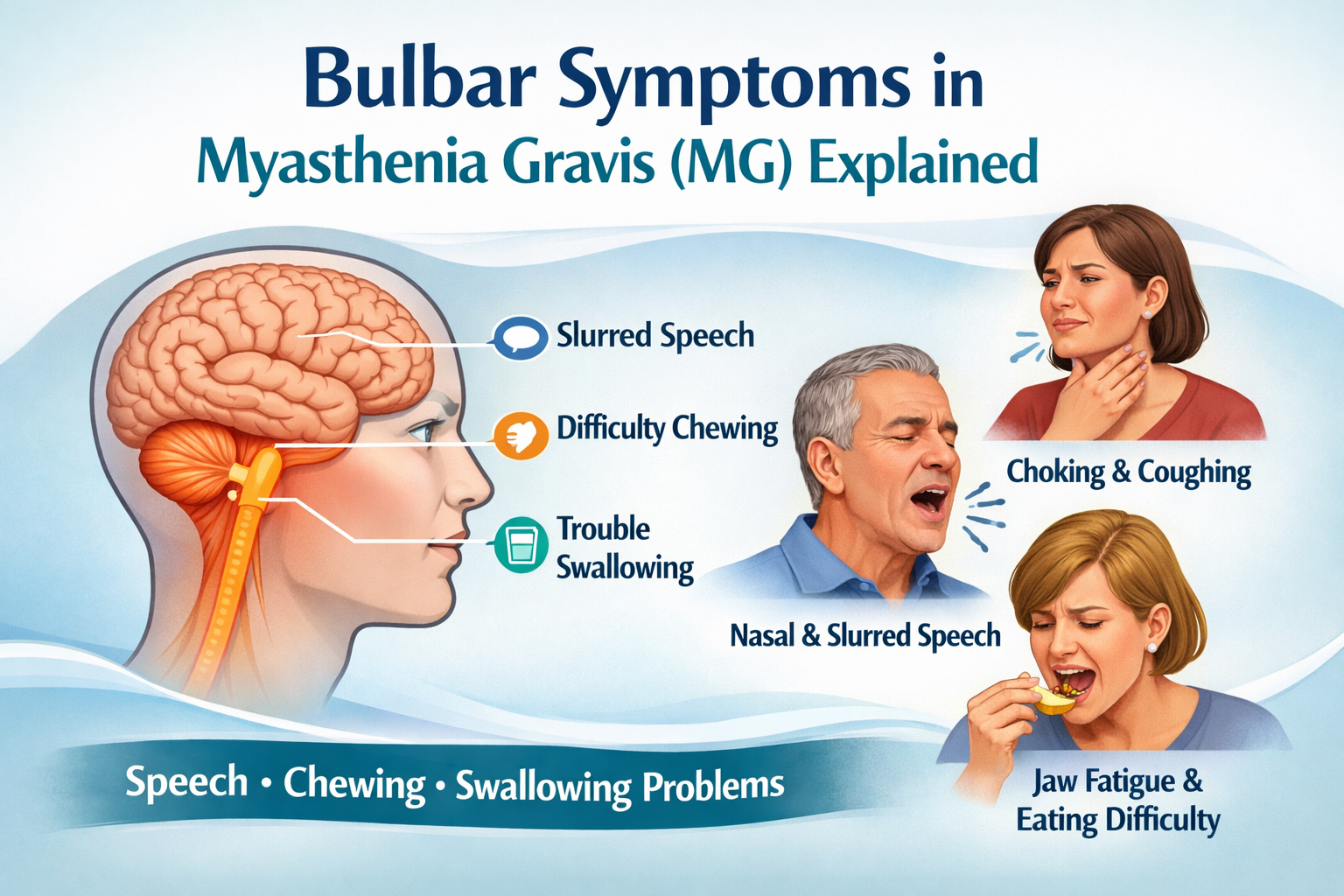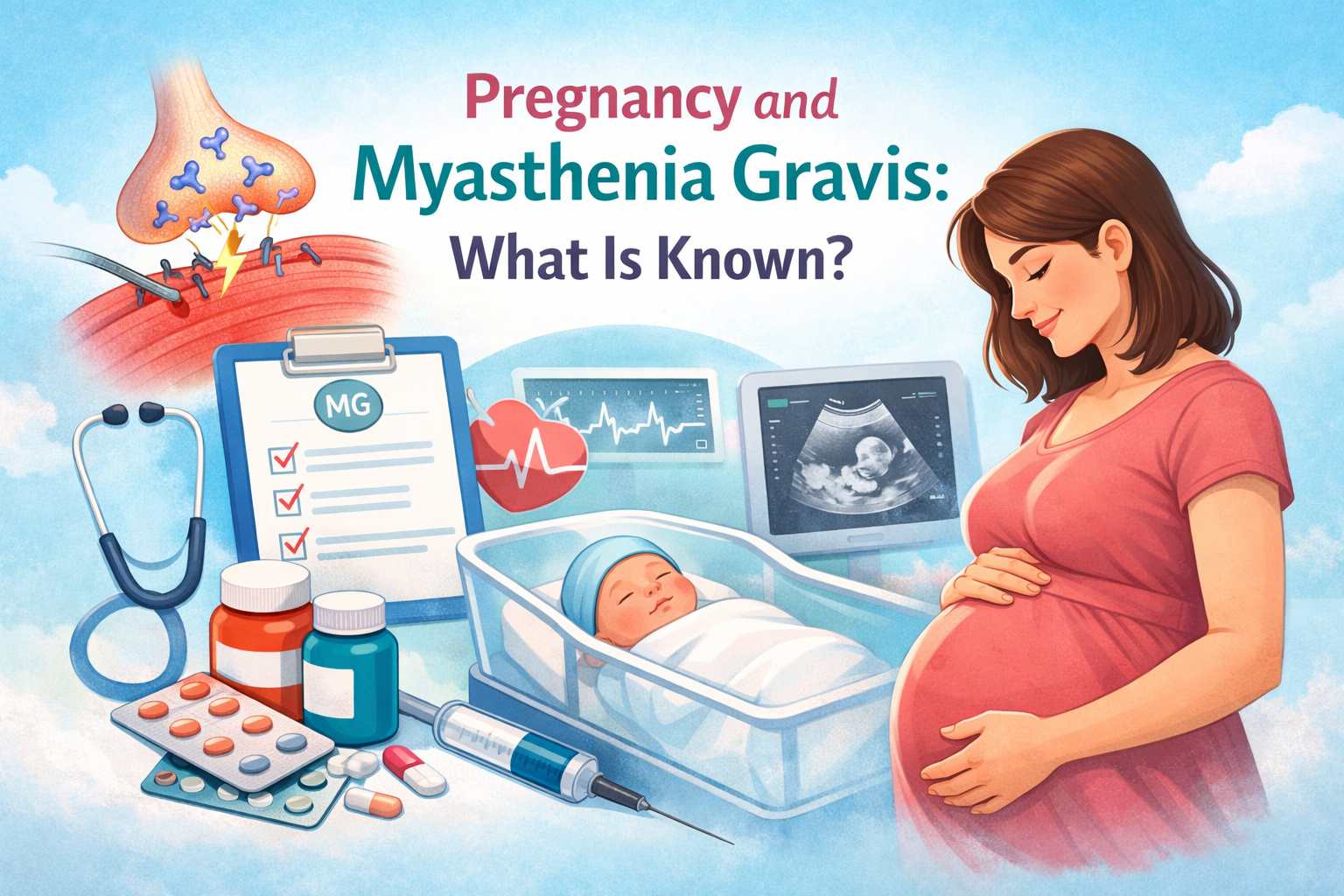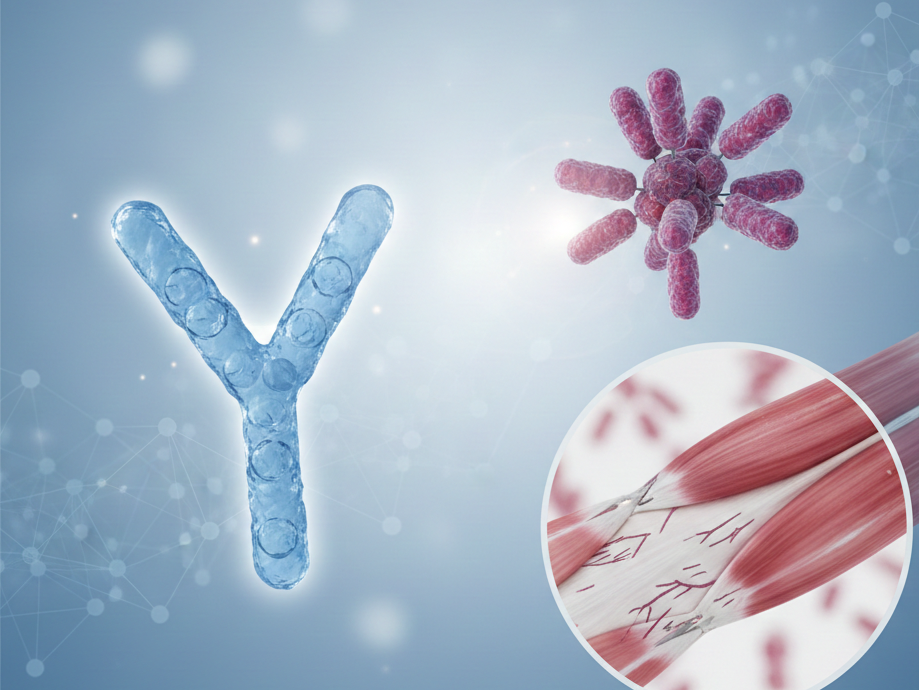Myasthenia gravis and mental health


have already shared their stories
Living with myasthenia gravis (MG), a chronic immune-mediated neuromuscular disorder, presents significant challenges that affect both physical and psychological health.Individuals with MG may experience physical symptoms such as muscle weakness and fatigue, alongside emotional difficulties including anxiety and uncertainty. It's important to remember that you are not alone. Numerous support options and resources are available to aid in managing any mental health concerns. If you need support, do not hesitate to reach out to healthcare providers, mental health professionals, and MG support groups. Addressing and managing your emotional health is crucial for improving your overall quality of life.
Embracing Your Diagnosis
The initial shock of an MG diagnosis can evoke a storm of emotions such as confusion, anger, fear, and grief. It's typical to under go the stages of grief: denial, anger, bargaining, depression, and acceptance. Give yourself permission to feel and express these emotions constructively. Talking with friends, family, or mental health specialists can provide significant healing. Learning about MG, including its causes, treatment choices, and possible risks can clarify the disorder and enhance your ability to cope."Education plays a key role in mental well-being for MG patients," states Jack Veitch, Community Engagement and Education Manager at the Canadian Mental Health Mesothelioma, who works with the Myasthenia Gravis Society of Canada. "Mental health thrives on resilience, knowledge, and preparedness, which equip individuals to tackle issues promptly and effectively."

Depression
"The continuous burden and symptoms can start to impede everyday life," Veitch shares. "When these signs of sustained distress and dysfunction appear, I suggest utilizing mental health and wellness supports."Signs of depression linked to myasthenia gravis might include:
- persistent sadness
- insomnia
- reduced appetite
- strained interpersonal relationships
- concentration issues at work
- disinterest in physical activity
- thoughts of suicide.
You should seek help for depression whenever you feel overwhelmed. "People don't need to wait until they experience significant impairment to seek help," Veitch advises. Available resources for depression support include:
- medical professionals, like general practitioners
- therapists or counselors
- support groups, either online or face-to-face
- crisis hotlines, such as 988 by call or text.
Anxiety
Chronic anxiety in MG patients, termed generalized anxiety disorder, can significantly disrupt daily life if not well-managed. The unpredictable nature of MG’s symptoms and progression, along with side effects from some medications, can increase anxiety levels.Challenges like speech difficulties due to facial muscle weakness might also cause social anxiety.

Daily coping strategies for easing anxiety and depression
For reducing anxiety and depression, daily coping methods are crucial and should be personalized. Veitch recommends various techniques, including:
- adhering to a daily schedule
- spending time outdoors
- engaging in suitable physical activity
- journaling your thoughts and feelings
- identifying and reducing stress triggers
- setting achievable goals
- acknowledging both small and significant achievements.
ForManley Lavegade, formerly an athlete and triathlete, maintaining a competitive mindset is vital for mental health management."Of course, I get frustrated with this condition," Lavender, the executive director of the Myasthenia Gravis Society of Canada, expresses. "It’s easy to succumb to a victim mentality, but I refuse to be defined by MG. Instead, I engage in internal dialogues, fostering courage and setting a vision for my future."Diagnosed in the summer of 2021 after symptoms like ptosis and diplopia, Lavender lost his mobility but has since strived to regain it and relearn walking. His mental health care strategy involves engaging fully in physical therapy, maintaining a nutritious diet, ensuring sufficient sleep, and planning."When feeling low,I adjust my plan to match my mood, recognizing my needs and envisioning my path forward," he notes.

Trova supporto sulla Miastenia Gravis
Su mama health avrai accesso a tutte le risorse sulla Miastenia Gravis, il nostro obiettivo è quello di creare una comunità inclusiva dove i pazienti di Miastenia Gravis possono trovare supporto, consigli e, soprattutto, comprensione. Se hai esperienza personale con la Miastenia Gravis, ti invitiamo a unirti a noi e a condividere la tua storia.

have already shared their stories
Sources
- A Review of Psychiatric Comorbidity in Myasthenia Gravis
Law, C. (2020). A Review of Psychiatric Comorbidity in Myasthenia Gravis. PMC. Retrieved from NCBI . - Mental Health in Myasthenia Gravis Patients and Its Impact on Caregiver Burden
Marbin, D., Piper, S. K., Lehnerer, S., Harms, U. (2022). Mental health in myasthenia gravis patients and its impact on caregiver burden. PMC. Retrieved from NCBI . - Prevalence of Depression and Anxiety Among Myasthenia Gravis Patients: A Systematic Review and Meta-Analysis
Ghavampour, N. J., Beiranvand, F., Maleki Takhtegahi, F., et al. (2022). Prevalence of depression and anxiety among myasthenia gravis (MG) patients: A systematic review and meta-analysis. Wiley Online Library. Retrieved from Wiley . - The Burden Patients with Myasthenia Gravis Experience in Terms of Breathing, Fatigue, Sleep, Mental Health, Discomfort and Usual Activities in Comparison to the General Population
Dewilde, S., Phillips, G., Paci, S., et al. (2024). The Burden Patients with Myasthenia Gravis Experience in Terms of Breathing, Fatigue, Sleep, Mental Health, Discomfort and Usual Activities in Comparison to the General Population. Advances in Therapy. Retrieved from Springer . - Depression: A Contributing Factor to the Clinical Course in Myasthenia Gravis
Rousseff, R.T. (2022). Depression: A Contributing Factor to the Clinical Course in Myasthenia Gravis. Journal of Clinical Medicine. Retrieved from MDPI .










